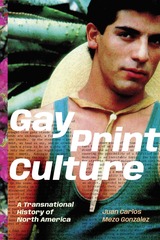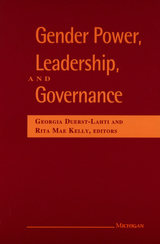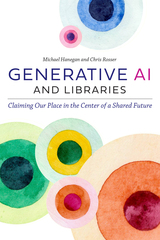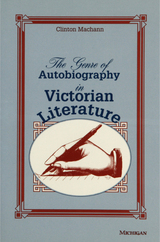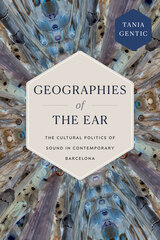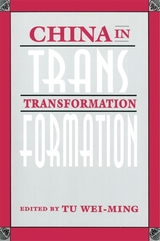
What will China look like in 2000? Tectonic forces are at work and its seeming stability has been largely lost after Tiananmen Square. Changing political, social, economic, intellectual, and cultural conditions are transforming China and its neighbors with a majority Chinese population. The authors in this book, taking full advantage of the new freedom of inquiry, shed light on the Chinese experience, elaborating not only on the vast changes sweeping all sectors of Chinese society, but also on the tradition that has persisted. As communism did not erase the past, so new experiences build on the past and tease out newness with great resemblances. Modernity takes many forms, memory repressed for a time may reassert itself; myth, the invention of individuals and collectivities, may be more powerful than prosaic fact. Cultural factors as agents of change appear more important than ever.
This book demonstrates that today Confucian societies have salient features on a restless landscape. The authors confine themselves to enduring questions about today’s Sinic societies so that educated readers and scholars of modern China and the Chinese will better understand the more populous half of the world. Contributing authors include William P. Alford, David E. Apter, Myron L. Cohen, Edward Friedman, Tongqi Lin, Perry Link, Andrew J. Nathan, Benjamin I. Schwartz, Tianjian Shi, Helen F. Siu, Wang Gungwu, and Ying-shih Yü.
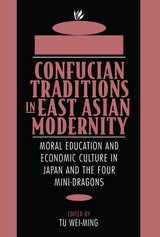
How Confucian traditions have shaped styles of being modern in Japan, South Korea, Taiwan, Hong Kong, and Singapore presents a particular challenge to the intellectual community. Explorations of Confucian network capitalism, meritocratic democracy, and liberal education have practical implications for a sense of self, community, economy, and polity.
Seventeen scholars, of varying fields of study, here bring their differing perspectives to a consideration of the Confucian role in industrial East Asia. Confucian concerns such as self-cultivation, regulation of the family, social civility, moral education, well-being of the people, governance of the state, and universal peace provide a general framework for the study. The Confucian Problematik—how a fiduciary community can come into being through exemplary teaching and moral transformation—underlies much of the discussion. The contributors question all unexamined assumptions about the rise of industrial East Asia, at the same time exploring the ideas, norms, and values that underlie the moral fabric of East Asian societies.
Is Confucian ethics a common discourse in industrial East Asia? The answer varies according to academic discipline, regional specialization, and personal judgment. Although there are conflicting interpretations and diverging perspectives, this study represents the current thinking of some of the most sophisticated minds on this vital and intriguing subject.

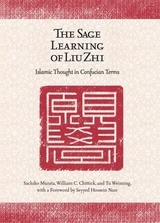
Liu Zhi (ca. 1670–1724) was one of the most important scholars of Islam in traditional China. His Tianfang xingli (Nature and Principle in Islam), the Chinese-language text translated here, focuses on the roots or principles of Islam. It was heavily influenced by several classic texts in the Sufi tradition. Liu’s approach, however, is distinguished from that of other Muslim scholars in that he addressed the basic articles of Islamic thought with Neo-Confucian terminology and categories. Besides its innate metaphysical and philosophical value, the text is invaluable for understanding how the masters of Chinese Islam straddled religious and civilizational frontiers and created harmony between two different intellectual worlds.
The introductory chapters explore both the Chinese and the Islamic intellectual traditions behind Liu’s work and locate the arguments of Tianfang xingli within those systems of thought. The copious annotations to the translation explain Liu’s text and draw attention to parallels in Chinese-, Arabic-, and Persian-language works as well as differences.
READERS
Browse our collection.
PUBLISHERS
See BiblioVault's publisher services.
STUDENT SERVICES
Files for college accessibility offices.
UChicago Accessibility Resources
home | accessibility | search | about | contact us
BiblioVault ® 2001 - 2025
The University of Chicago Press


